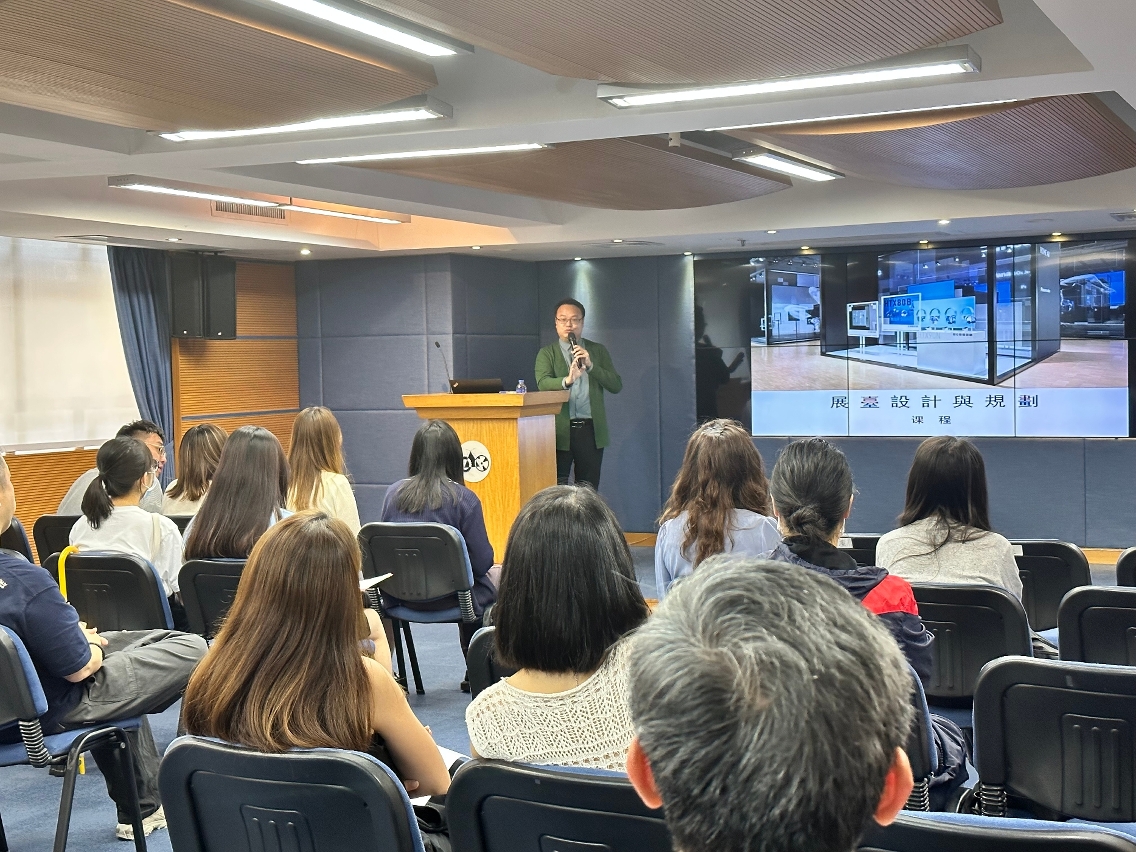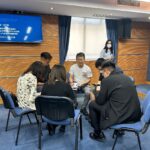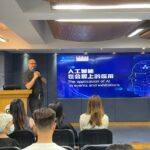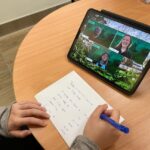 “MICE Workshop” launches four training sessions under two practical categories – “Booth design” and “Technology application in MICE events”
“MICE Workshop” launches four training sessions under two practical categories – “Booth design” and “Technology application in MICE events”
Four consecutive sessions of “MICE Workshop” successfully concluded yesterday (5 July). In the event, five MICE industry experts were invited to conduct training in two practical categories, namely, “Booth design” and “Technology application in MICE events”, which attracted a total of 100 participants comprising MICE enterprise leaders, managers, practitioners as well as teachers and students from colleges and universities.
The workshop is collaboratively hosted by the Macao Trade and Investment Promotion Institute (IPIM) and the Labour Affairs Bureau; co-organised by the Macao Convention & Exhibition Association, Macau Fair & Trade Association, The Association of Advertising Agents of Macau, Macau Federal Commercial Association of Convention & Exhibition Industry, and Macao Association of Convention, Exhibition & Tourism Sectors, encompassing four themed training sessions, namely “Booth design and marketing strategy”, “Latest trends of booth design”, “Latest trends of MICE science and technology”, and “The application of AI in events and exhibitions”. During the training, MICE practitioners were inspired by international cutting-edge success cases and MICE practice and experience sharing, dipping a toe in combining latest trends with practical application to enhance visitor experience in Macao.
The training session “Booth design and marketing strategy” introduces the exhibition design elements such as exhibits, promotion campaigns, pricing strategy, and distribution; “Latest trends of booth design” elaborates on lighting design and pavilion design concepts, operation, resource allocation, and other key points; “Latest trends of MICE science and technology” shares views on utilising market data and AI to improve event management, visitor experience and logistics service; and in “The application of AI in events and exhibitions”, analysis was conducted on the application of new functions (such as speech recognition, translation and image processing) in event planning.
According to the participating practitioners, the four training sessions of the workshop provided practical knowledge which was conducive to keeping abreast of the fast-changing MICE trends; many tools and skills introduced in the training sessions can be applied into practice for cost saving, efficiency improving as well as enhancing visitor satisfaction.
Online training to dissect bidding strategy for MICE events
Following the “MICE Workshop”, IPIM launched the “MICE Online Training” today (6 July), aiming to introduce more international professional MICE events to be held in Macao and achieve the goal of “quantitative and qualitative growth”. Several international heavyweights were invited as keynote speakers, such as Best Marketing Award President of International Congress and Convention Association (ICCA) Patrick Delaney, ICCA Asia-Pacific Regional Director WaikinWong, and the member of ICCA UK and Irish Branch NeasaNi Dhomhnaill. The invited speakers dissected bidding strategy, and also shared their insights on key points and judgment and research of drafting a proposal, the relationship among stakeholders in bidding and ROI.
In addition, the online training also focuses on the cultivation of strategic thinking, effective communication and negotiation skills in bidding, as well as the application of digital data of professional MICE associations, in an effort to help practitioners bid for international professional MICE events. The training has attracted more than 30 online participants. Those who are interested in the training sessions are welcome to visit https://www.youtube.com/c/MacaoIPIM/ (IPIM official YouTube channel).






